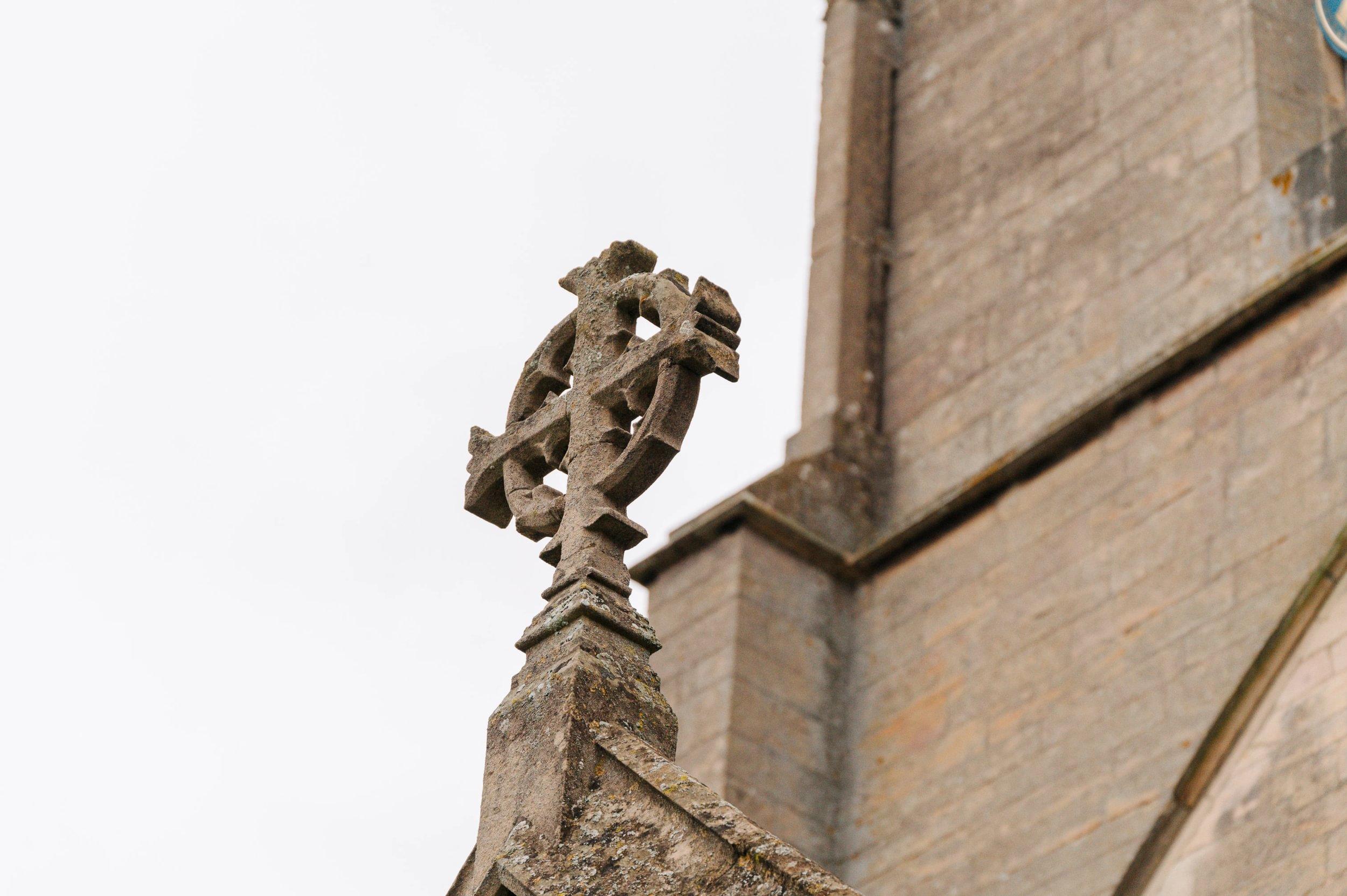
Conclusion – a call to action
Churches remain among the most valued and resilient community assets in the United Kingdom. They are safety nets on an extraordinary scale, providing services that no other national network can deliver. They also hold within their walls some of the nation’s greatest cultural treasures, from stained glass to memorials that anchor local stories within a shared national heritage.
Churches are also one of the best places to invest in the voluntary sector. They already harness extraordinary energy and goodwill, and with structured support they could grow this civic infrastructure even further – offering pathways for skills, leadership, and community support that benefit not just churches but wider society as a whole.
Yet the National Churches Survey is unambiguous in showing that this inheritance is on shaky ground. Volunteer time is stretched, finance remains
a barrier, and too often communities are left fighting crises rather than focusing on the future. The Survey only captured the survivors and those with enough volunteer time to complete it. A substantial number report decline in their building condition, some uncertainty about the next five years, and fear that without help, the burden will become too heavy.
Without greater support, even the most committed churches cannot carry the weight alone.
This is a key moment.
The Survey shows that churches want to do more – to expand cultural programmes, deepen social care, and strengthen their environmental action. Investment in church buildings could help to transform communities throughout the UK, building on the work that they are already doing to support people and local infrastructure. But without intervention, the risks are high. If churches close, the impacts will be felt: a loss of heritage, a loss of social care, and a loss of spaces for worship and belonging. This would signal not only neglect of our cultural inheritance, but also a failure to care for communities at their most vulnerable.
A national response is needed, that matches the energy that churches have to keep their buildings open with real support. Denominations must strengthen their backing, heritage organisations must align their expertise and advocacy, and local authorities must play their part. Above all, the UK Government must step forward with a strategic and consistent framework of funding that is simple to access and available to every church, regardless of size or denomination.
The choice is clear. These buildings, and the communities they sustain, are part of our shared inheritance and our shared responsibility. Now is the moment to act.
